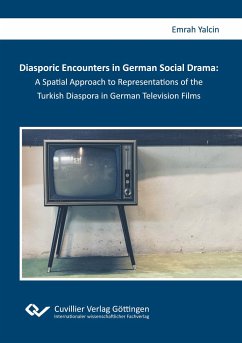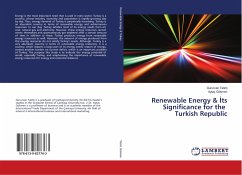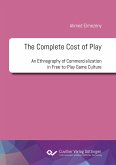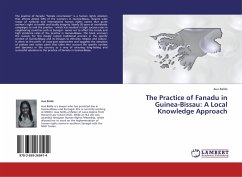Contemporary television fictions allow the audience to experience the reality of everyday life in audio-visual spaces. Thus, controversial issues discussed in German society such as homosexuality, racism or ¿clashes of cultures¿ are revisited in the social drama films produced for German television through a mixture of generic conventions such as tragedy, thriller and melodrama. Consequently, the audio-visual representations of the people, who are the focus of these discussions, represent an interesting area of research. The book deals with the audio-visual spatiality of the Turkish diaspora in Berlin in three contemporary TV films in this format; namely Wut (Range, dir. Zuli Aladä, 2006), Die Neue (The Newcomer, dir. Buket Alaku¿, 2015) and Nachspielzeit (Extra-Time, dir. Andreas Pieper, 2015). Therewith, it brings a spatial approach to the issue of ¿polemical belonging of the Turkish Diaspora to the German national space¿ within the audio-visual context. The proposed spatial approach presents an alternative argument to the assumptions of German politicians, who celebrate ¿a common German history that bases on Christian-Jewish identity, democracy and enlightenment¿.
Hinweis: Dieser Artikel kann nur an eine deutsche Lieferadresse ausgeliefert werden.
Hinweis: Dieser Artikel kann nur an eine deutsche Lieferadresse ausgeliefert werden.








